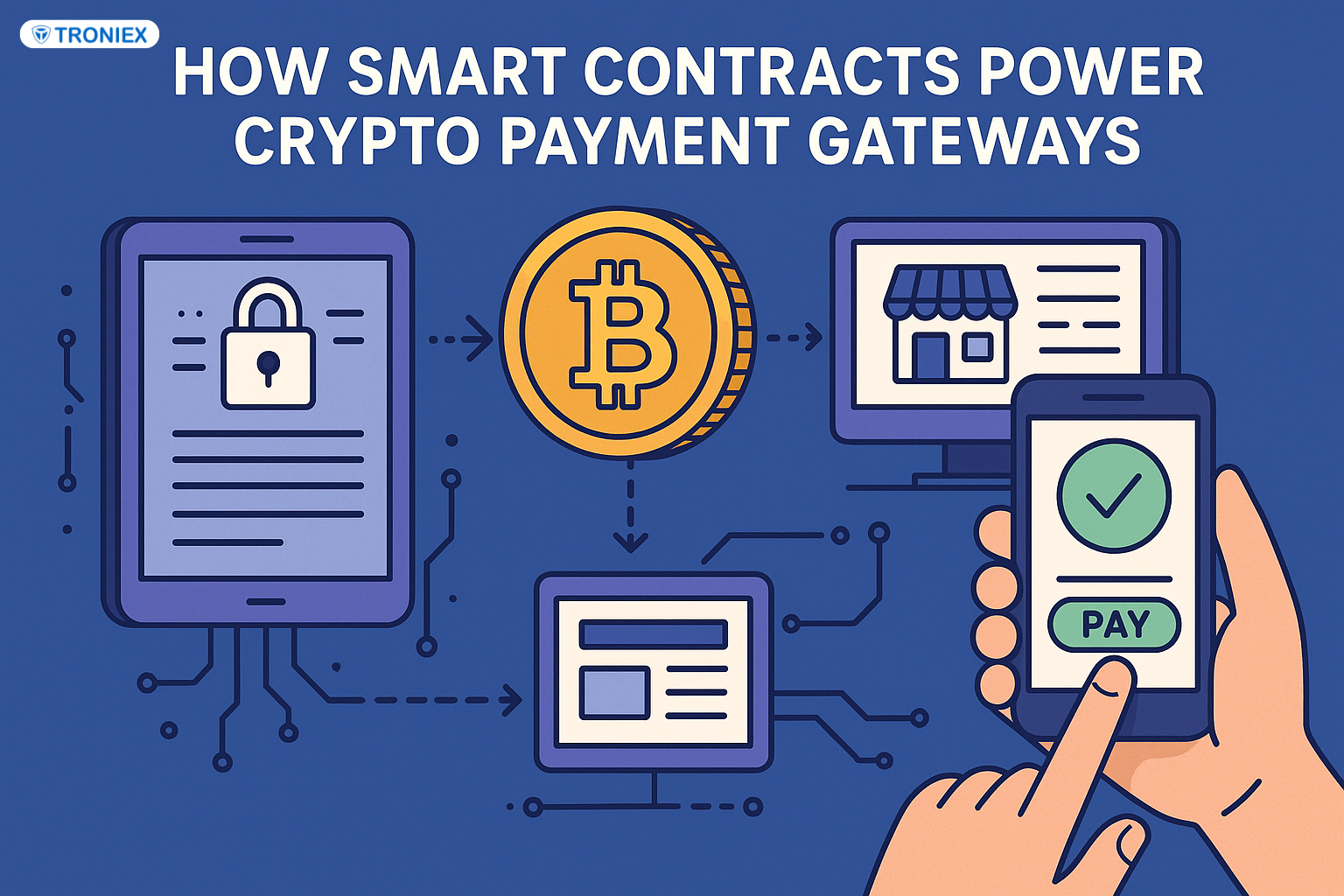How Smart Contracts Power Crypto Payment Gateways

In the world of digital finance, smart contracts are quietly revolutionizing how payments work, especially when it comes to cryptocurrencies. While terms like Bitcoin and Ethereum often steal the spotlight, it’s actually smart contracts that do much of the heavy lifting behind crypto payment gateway development company. These self-executing lines of code are playing a vital role in enabling fast, secure, and trustless transactions online.
So, what exactly is a smart contract? At its core, a smart contract is a digital agreement embedded into a blockchain. It’s programmed to automatically execute when certain conditions are met. There’s no need for intermediaries like banks or payment processors everything is handled through transparent, tamper-resistant code.
When it comes to crypto payment gateways, this has some powerful implications.
1. Automation Without Trust
Traditional online payments require a middleman a bank, credit card processor, or payment service like PayPal to verify and approve each transaction. With smart contracts, payments can be automated between buyer and seller without a third party. Once the terms are coded in (for example, “release funds when item is delivered”), the contract enforces itself.
This reduces the need for trust between parties. You don’t have to know or rely on the other person—you just rely on the contract.
2. Lower Transaction Fees
Because smart contracts cut out intermediaries, transaction costs drop significantly. With fewer hands in the pot, merchants and users alike benefit from reduced fees. This is especially valuable for international payments, where traditional systems often charge high conversion and transfer costs.
3. Faster Settlements
Ever tried to send money internationally and had to wait days for it to go through? Smart contracts speed up that process dramatically. Transactions can settle in minutes or even seconds because they’re processed directly on the blockchain. That means faster access to funds and smoother customer experiences.
4. Security and Transparency
Smart contracts live on the blockchain, which means their logic is public and their history is immutable. Once deployed, they can’t be changed or tampered with. That gives users peace of mind: no shady back-end changes, no hidden fees. What you see is what you get.
However, this also means that smart contracts must be carefully coded. A bug in the code can’t be reversed once it’s live. This puts a lot of responsibility on developers and audit teams to make sure contracts are airtight.
5. Use Cases Beyond E-commerce
Crypto payment gateways powered by smart contracts aren’t just for online shopping. They’re being used for freelance payments, subscription models, ticketing systems, and even real estate transactions. Anywhere money changes hands digitally, there’s potential for smart contracts to make the process more efficient.
Final Thoughts
Smart contracts are more than just a tech buzzword they’re the invisible engine driving the next generation of financial transactions. As crypto payment gateways become more common, understanding how these contracts work can help businesses and users alike navigate the space more confidently. They may not be flashy, but they’re quietly reshaping how value moves online, line by line, block by block.





